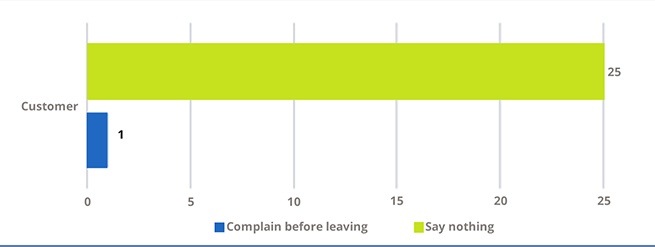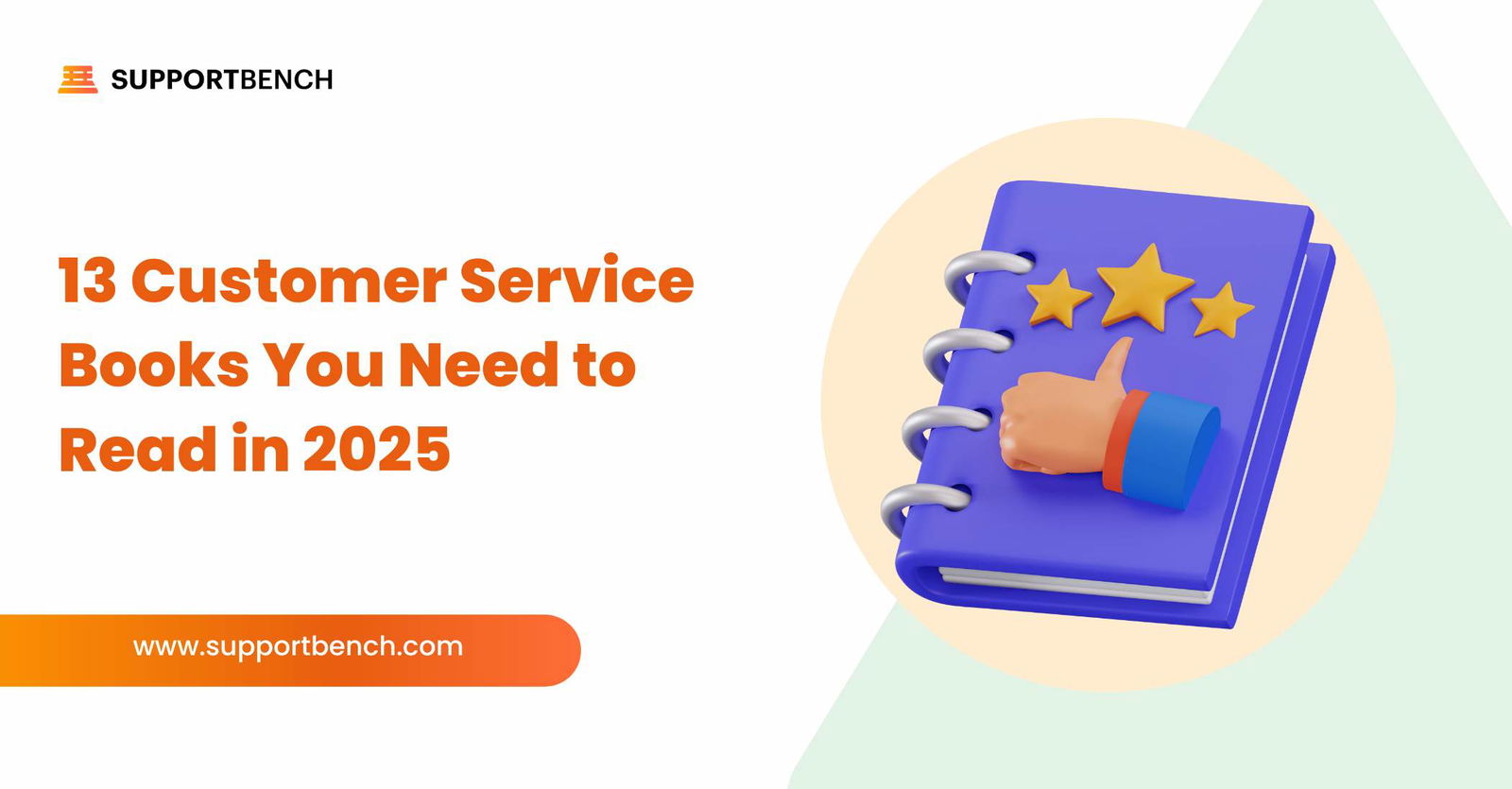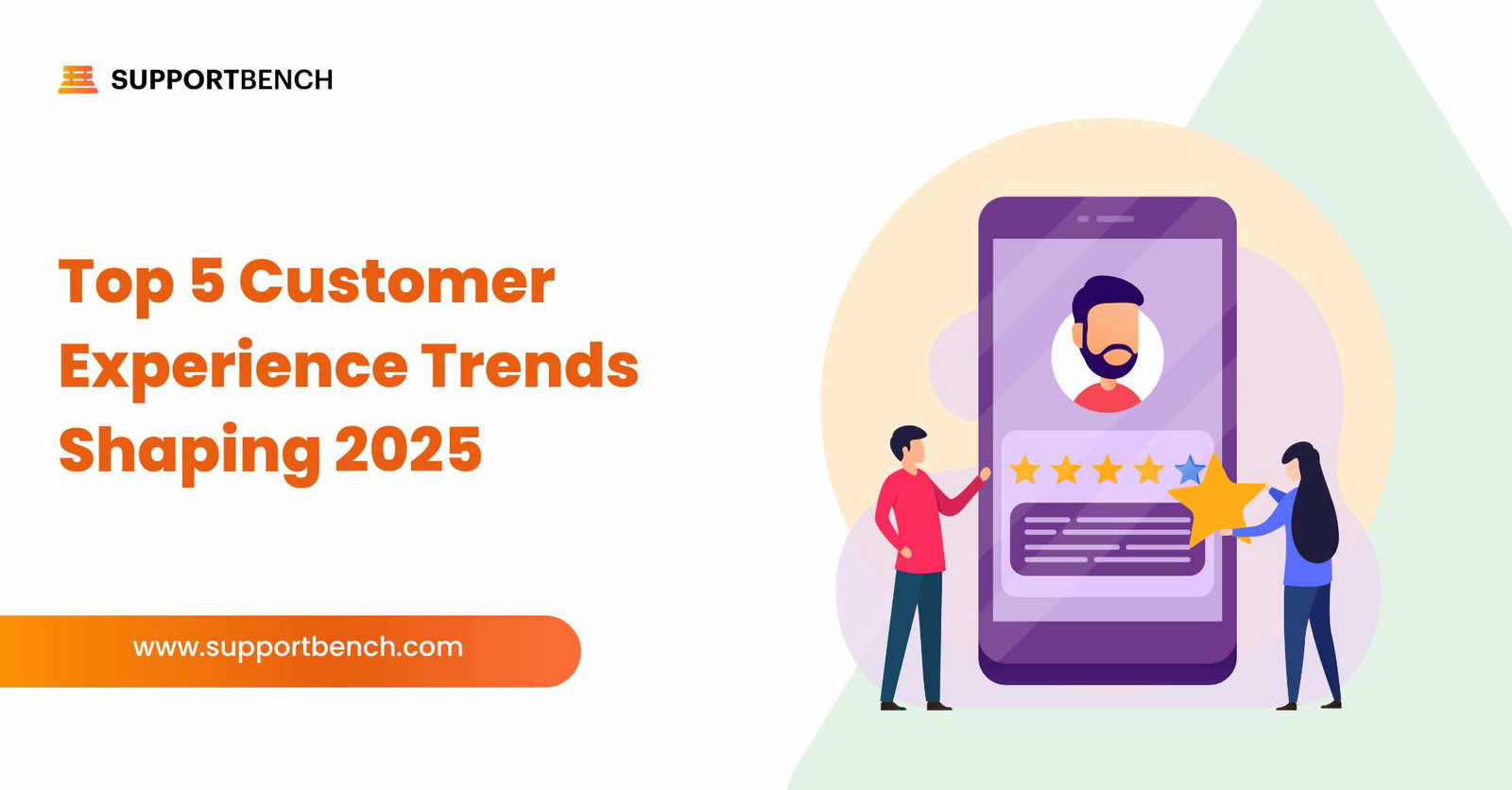Now, more than ever, customer service has become a key differentiator in determining who will be buying your cloud-based service. Customer service differentiators play an increasingly large role as businesses are rapidly moving towards these SaaS solutions, and vendors are having to take on the role of a traditional IT department. Without offering exceptional client support that is continually improved upon and invested in, customers will be lost as quickly as they come.
A Deloitte study shows that 62% of online organizations view customer service as a competitive differentiator and in most industries, it is a close second only to price.
Because of this, the number of customer support and helpdesk solutions available to SaaS vendors are continuing to grow. With the increase in number and variety of systems, it can be difficult to choose the one for your specific business.
Below we will identify the key components to deliver amazing support both in process and software tool-set.
(1) Your SaaS business is primarily customer support
All too often I have seen companies consider support as a non-revenue generating money pit where little investment is put in until the sky starts to fall. However, SaaS by definition is a service-based product that focuses on having a strong customer relationship.
What good are new sales if you can’t keep your customers? Your entire business should be about how to support your customers and keep them happy. On average, it is 6-7 times more expensive to acquire a new customer than it is to keep an existing one. That means it would take 6-7 new customers to make up for that lost one.
To make customer support the center of your business, 2 mindsets need to be engrained.
Understand the importance of customer service differentiators
Your business as a whole needs to understand the importance of customer service, not just your customer support staff. More and more companies are adopting the process of having all new hires begin in the customer service department before they take on their primary job role. Independent of their final position, many companies recommend their existing staff manages support on a monthly or quarterly basis to keep everyone on message, help them know customer questions and pain points, and keep everyone focused on the customer rather than internal politics and disconnected ideas.
Investment in customer support
All SaaS vendors are both sales and support companies. Sales drive new business whilst customer support keeps existing business. Most people focus on driving new sales and disregard support. The problem with that way of thinking is:
– The probability of selling to an existing customer is up to 14 times higher than the probability of selling to a new customer. – Marketing Metrics: The Definitive Guide to Measuring Marketing Performance
– 62% of global consumers have stopped doing business with a brand or organization due to a poor customer service experience. –Microsoft Global State of Multichannel Customer Service Report
– Once a customer leaves, 4 in 5 say they will never come back, and if they do, 59% say they will be less loyal. – SDL The Global CX Wakeup Call Report
Investing in and focusing on having a strong customer support department and customer service platform helps acquire new business, keep existing business, and helps your bottom line.
(2) Make support easy and accessible, Omni-channel is dead
Omni-Channel doesn’t work. Although some might not agree, in terms of delivering great customer support, it’s the wrong choice. Omni-channel is the concept of delivering support everywhere and anywhere the user engages with your support team. This is a huge customer service differentiator that could mean email, phone, SMS, Slack, or even WhatsApp. Omni-Channel is attempting to “boil the ocean” and it’s impossible to deliver stellar customer support by supporting everything.
Instead, focus on driving all support interactions on channels that you know you can maintain exceptionally well (i.e. live chat, email, and phone). At first you might think it is counter intuitive and scary to limit customer contact choice, but customers reward companies that know their strengths. Customers just want a great experience, regardless of the path they get to you and therefore they will accept support engagement limitations.
Once you drive customers through channels that you manage, scale, and train well for, ensure you pick the right ticketing system that will further enhance those channels. Each system comes with its own set of strengths and weaknesses so study each platform and choose the best one for your business.
(3) Self-Service is key
Even with an optimized control channel for customers to connect with you, the best method of contact is no contact at all. 70% of customers prefer to use a company’s website to get answers to their questions rather than use phone or email (Forrester).
Having a strong focus on self-service has immediate benefits to your business:
– Reduce support interactions. A chat with a live agent can cost $6-12 per interaction, while an automated interaction on the IVR (or ITR) can cost as little as 25 cents. (Forrester)
– Reduce staff requirements. By adding self-service, a typical utility could see $1-3 million in annual savings. (Accenture)
– Increase your SEO (Search Engine Optimization). By having a lot of strong content and community interaction, you create a stronger business brand and build social validation.
There are 2 essential facets to self-service:
FAQ and Knowledge base
Frequently Asked Question or FAQ is an easy way to get the most commonly used questions coming into your support team documented and answered. This deflects common calls to your support team and immediately helps the customer. Software like Desk.com include easy to use FAQ sections to get your customers answers quickly.
To take self-service a step further and really offer customers a great experience, you need to invest in creating and maintaining a knowledge base. A knowledge base helps your customer search on common questions and issues, it categorizes articles and allows you to share in-depth knowledge of your products. Knowledge bases deflect actual support issues by as much as 50% and also help you market your brand by helping search engines find you.
Customer service systems such as Supportbench give you the ability to create very robust and feature rich knowledge bases for your business.Supportbench gives you the ability to scale, manage and secure your content whilst still allowing you to customize and brand it to your company. That way, clients truly feel like they are being helped by the business even if they are looking up information for themselves.
Community Forums
Community forums allow your existing customers to answer questions to others based on their experience and knowledge. People love to help other people and would much rather solve their issues amongst themselves rather than interact with Support. By having a well-used and robust forum, you can deflect calls and build online social trust that will give your business a leg up on your competition.
One of the issues with having a well-used forum is a lot of content and interactions are generated which needs monitoring and sometimes action. To help with managing the content, Supportbench offers a unique solution in which forum posts are transparently available to your customer service team within their work space. These posts are regular cases allowing agents to respond, track, escalate and close issues transparently to its community users.
(4) Be Mobile First
Consumers are obsessed with their mobile phones, and those consumers are now leveraging their smart phones not just for entertainment but for finding help. Adopting a mobile support first strategy is essential to finding new and keeping existing clients.
According to Salesforce, the number of inbound customer service requests via mobile app will increase by 38% in the next 12-18 months. Accenture claims that 45% of customers say that a better mobile service experience could have kept them from switching to another product.
By providing customers with a means to easily contact agents, find FAQs and search for self-service support from their mobile device, your business can benefit greatly. As most competitors will not offer such features to the 80% of internet browsers that own a smartphone or tablet, you can gain this competitive edge and avoid losing clients to bad mobile experiences.
(5) Collect and Action on Customer Feedback
One of the most important and often neglected aspects of customer service differentiators is gathering and actioning on the experience of those who just received service. There is no better way to gauge how you are doing as a business both in supporting your customers, their perception of you, and what they are asking for. The best customer support systems like Supportbench include ways to quantify the experience clients have received by collecting how satisfied they are with the customer service you have provided, gauging their happiness using NPS scoring, and scheduling custom surveys to gather more detailed information.

Direct customer feedback is hard to collect which makes it invaluable to your business. Chances are, if one person has raised the issue, a great deal more have most likely had the same experience. Once feedback is collected, get that information to the right teams as it is imperative to be able to action on quickly.
(6) Identify Your Company’s Issues and Fix Them
This piece was specifically left for last, as it is something that companies should constantly be working towards. No matter your industry, there will always be problems with your website, service, and products that require fixing. Whether you suffer from bugs, performance issues, a difficult-to-navigate layout or the other problems that frequently plague online businesses, you can leverage a great customer service system to help identify them.
Customer support is your front line to knowing your product and is your primary relationship with the customer. By analyzing all the customer support information, ticket data, knowledge base, search history, message boards, and customer surveys, you can accurately see the parts of your business that customers have the most difficulties with and establish proper customer service differentiators. A good customer service system holds a goldmine of data that offers direct insight into the heads of users as they interact with your business, including what troubles they have.
Having an amazing customer service organization only goes so far but focusing on leveraging those customer relationships with support to minimize a customer’s need to contact them is the ultimate support experience. Desk.com, Supportbench and other in-depth customer service solutions have intensive reporting and analytics allowing you to extract meaning from the vast amounts of data you are collecting on a daily basis.
How Does Your Customer Service Stack Up?
After reading all the information provided, are you satisfied or worried about how you are delivering support? Most companies do not have all six of the above items implemented, so if you are in that category, don’t panic. A good customer service system can go a long way to helping you fill in the gaps by doing most of the topics above for you.
If you have a customer service system in place, simply speak to your provider to discuss the possibilities of implementing the features necessary for you to properly serve your customers. If your current provider does not offer the features that you are looking for, you can begin to search for the best customer support system for your business. With a wide range of offerings from companies all across the world, providing customer service has never been easier.
The investment you make into your customer support system is one that will pay dividends for years to come, as just one negative experience from a key influencer can cause you to lose business down the road. If possible, try to use this list as the basic guideline for what any potential customer service provider you are interested in can offer. If your competition only has five of the listed features and you have all six, that competitive advantage may be the piece of the puzzle that puts you on top.
Overall, business owners need to realize that customer service is a part of all other functions within your company. The website design, product offerings, public relations and marketing, and everything else are directly influenced by the customers you attract. Make sure that you make the right choice in your customer service strategy, otherwise the other facets of your business will suffer, too.












